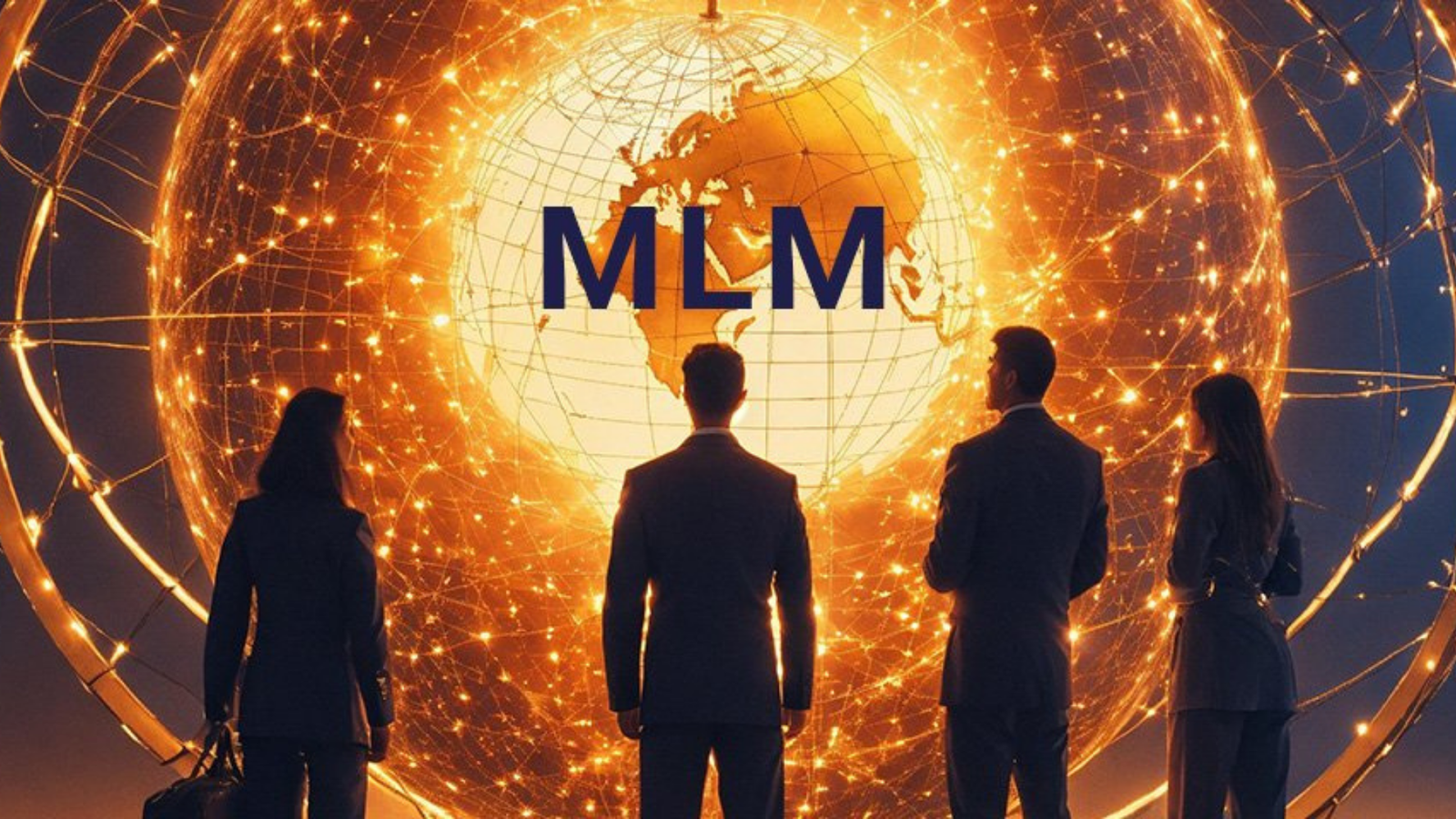
MLM Software All Plan
MLM software is a powerful tool designed to streamline the operations of Multi-Level Marketing businesses. It automates key functions like commission calculations, distributor management, and product sales, while offering features such as real-time reporting, secure payment processing, and customizable compensation plans. This software helps businesses improve efficiency, foster transparency, and scale their operations, making it an essential solution for MLM growth and success.

Inventory, Pos Management and Billing Software
Depreciation of inventory, POS management, and billing software is an essential aspect of financial planning for businesses. It reflects the gradual reduction in software value due to factors like technological advancements and obsolescence. This process helps businesses manage costs, optimize tax benefits, and plan for upgrades. Understanding the different depreciation methods—such as straight-line and accelerated depreciation—enables companies to make informed decisions about their software investments and maintain accurate financial records.

Social Networking website Portal
A **social networking website portal** is an online platform where users can create personal profiles, interact with friends or other members, share content, and engage in various activities that connect them with individuals or groups worldwide. These platforms have revolutionized communication by offering spaces for self-expression, networking, and collaboration. Features like user profiles, content sharing, communication tools, news feeds, and groups enable individuals to socialize, stay informed, and form professional and personal connections. Social networking sites have become integral to both personal and professional life, providing valuable opportunities for engagement, entertainment, and career growth.

Cricket Live Score Portal
A Cricket Live Score Portal is an online platform designed to provide real-time updates, scores, and detailed statistics for cricket matches across the globe. The main function of these portals is to deliver instantaneous score updates, including runs, wickets, overs, and player performances. These portals go beyond simple scorekeeping by offering ball-by-ball commentary, where each delivery is described, including how the batsman responds and the bowler’s strategy.

Rummy Circle and Teen Patti Clone App Development
Developing a Rummy Circle and Teen Patti clone app involves creating an engaging platform with real-time multiplayer features, secure payment gateways, and a variety of game modes. Focus on providing a smooth user experience with fair play algorithms, in-app rewards, and tournament options, while ensuring cross-platform support and global appeal.

Top-Notch App & Game Development Services in Bhubaneswar – Your Ideas, Our Expertise
A blogging website is a platform for individuals and businesses to share regular content, engage with readers, and build an online presence. Whether for personal expression or content marketing, blogging offers numerous benefits, including increased visibility, community building, and monetization opportunities. Learn how to create and manage a successful blog with tips on niche selection, content quality, SEO, and audience engagement.

